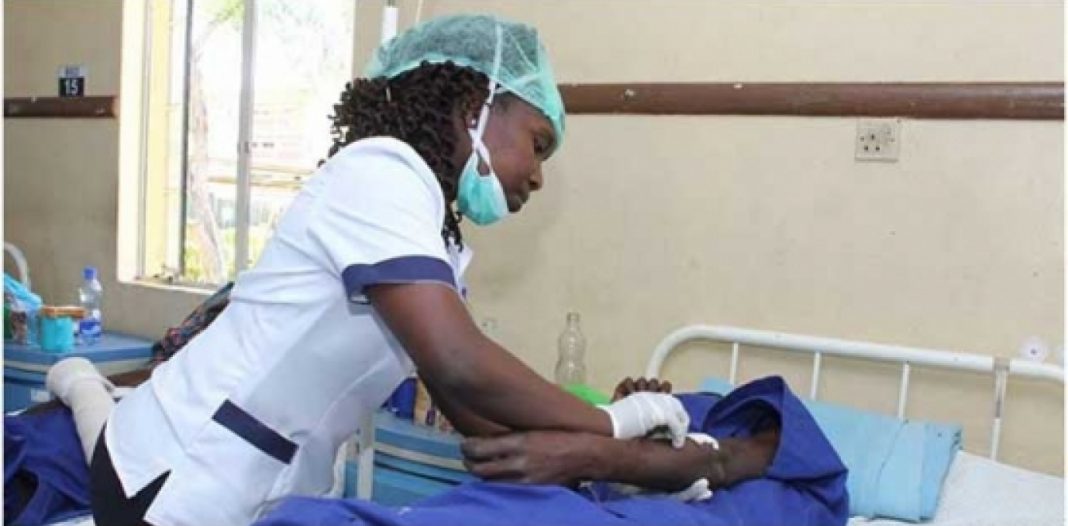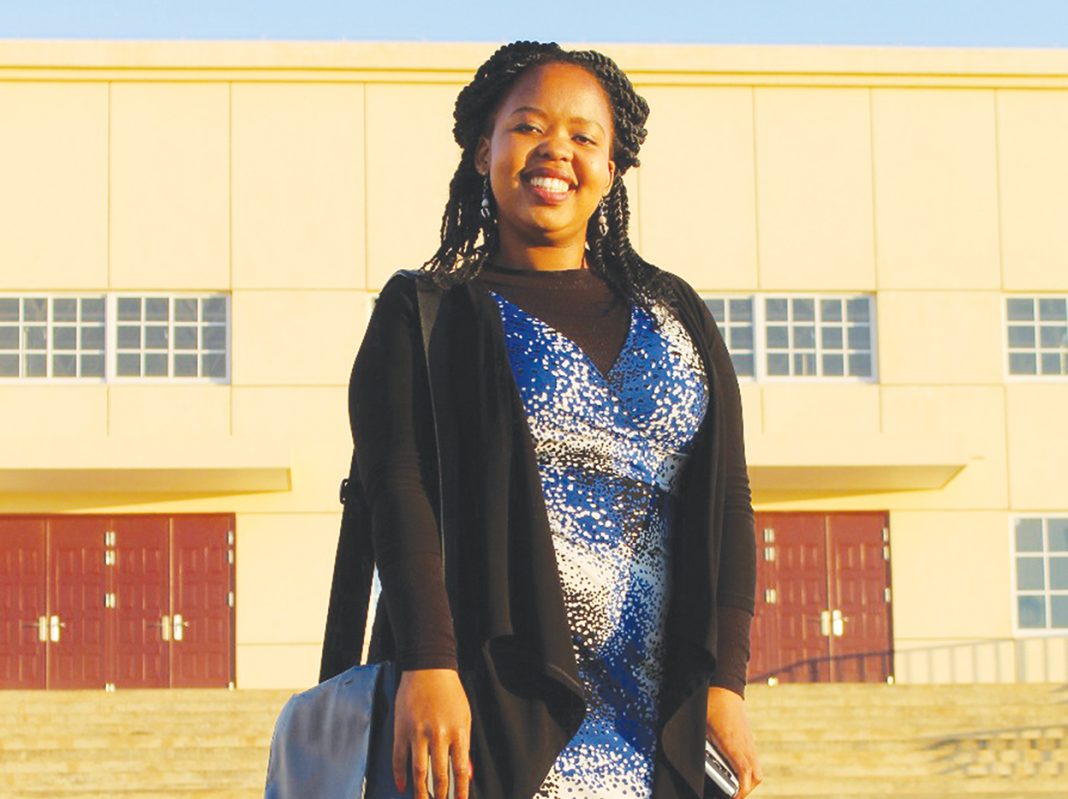By Neo Mathibe
Uncertainty has become the new normal for breastfeeding mothers since the advent of the global Covid-19 pandemic, with many anxious that any intimate contact with their babies could be risky.
One such mother, ‘Marefiloe Kobeli Ntsebe of Ha Tsolo in Maseru, was evidently emotional when she related the challenges of motherhood in these times.
“These is a hard time to be a new mother. I cannot go anywhere with my baby for the fear of the virus. I come home from work itching to hold my baby, and then I’m reminded that I have to wash my hands first and change my clothes before I do so.
“Most days I need to nurse her and I worry for her health,” said the mother of a three-month old baby girl.
If you’re a mother or expecting, it is only natural to have questions about what is safest for your baby during the outbreak of the coronavirus disease (COVID-19) pandemic.
Evidence is overwhelmingly in support of breastfeeding. Skin-to-skin contact and early, exclusive breastfeeding helps your baby to thrive, and there is no reason to discontinue in the wake of this virus. To date, the transmission of active COVID-19 (virus that can cause infection) through breastmilk and breastfeeding has not been detected.
If you are about to have a baby, you should be supported to breastfeed safely, hold your new-born skin-to-skin, and share a room with your baby.
Here are some answers to common questions from new and expecting mothers to help provide the safest experience for you and your baby, whether you’re feeling healthy or experiencing signs and symptoms of COVID.
Should I breastfeed during the pandemic?
Absolutely. Breastmilk provides antibodies that give babies everywhere a healthy boost and protect them against many infections. Antibodies and bio-active factors in breastmilk may fight against COVID-19 infection, if a baby is exposed.
If your baby is 6 months old or younger, he should be breastfed exclusively. Once your child is over 6 months, continue breastfeeding with safe and healthy complementary foods.
Can you pass COVID-19 to your baby by breastfeeding?
To date, the transmission of active COVID-19 (virus that can cause infection) through breastmilk and breastfeeding has not been detected, though researchers are continuing to test breastmilk.
Engage in skin-to-skin contact with your new-born. Placing your new-born close to you enables the early initiation of breastfeeding which also reduces neonatal mortality. Timing is everything and it is recommended to initiate breastfeeding within the first hour after delivery.
Should I breastfeed if I have or suspect I have COVID-19?
Yes, continue breastfeeding with appropriate precautions. These include wearing a mask if available, washing your hands with soap and water or with an alcohol-based hand rub before and after touching your baby, and routinely cleaning and disinfecting surfaces you have touched. Your chest only needs to be washed if you have just coughed on it. Otherwise, your breast does not need to be washed before every feeding.
What should I do if I’m too unwell to breastfeed?
If you are feeling too sick to nurse, try to find other ways to safely provide your child with breastmilk. Try expressing milk and giving to your child via a clean cup or spoon. You could also consider donor human milk if available in your area. Speak to your breastfeeding counsellor or healthcare professional about the options available to you.
Expressing breastmilk is also important to sustain milk production so you can breastfeed your child again when you feel well enough to do so. There is no fixed time interval to wait after confirmed or suspected COVID-19.
If expressing milk or donor human milk aren’t possible, then consider wet nursing if culturally accepted or infant formula milk provided it is correctly prepared, safe and readily available.
Should I breastfeed if my child is sick?
Continue to breastfeed your child if she becomes ill. Whether your little one contracts COVID-19 or another illness, it is important to continue nourishing her with breastmilk. Breastfeeding boosts your baby’s immune system, and your antibodies are passed to her through breastmilk, helping her to fight infections.
What precautions should I take when breastfeeding?
Make sure to follow handwashing guidelines. Your hands should be washed with soap and water before and after touching your baby. You may also use an alcohol-based hand rub. It is also important to clean and disinfect any surfaces that you have touched.
Wash breastmilk pumps, milk storage containers and feeding utensils after every use as usual. – additional info by WHO









